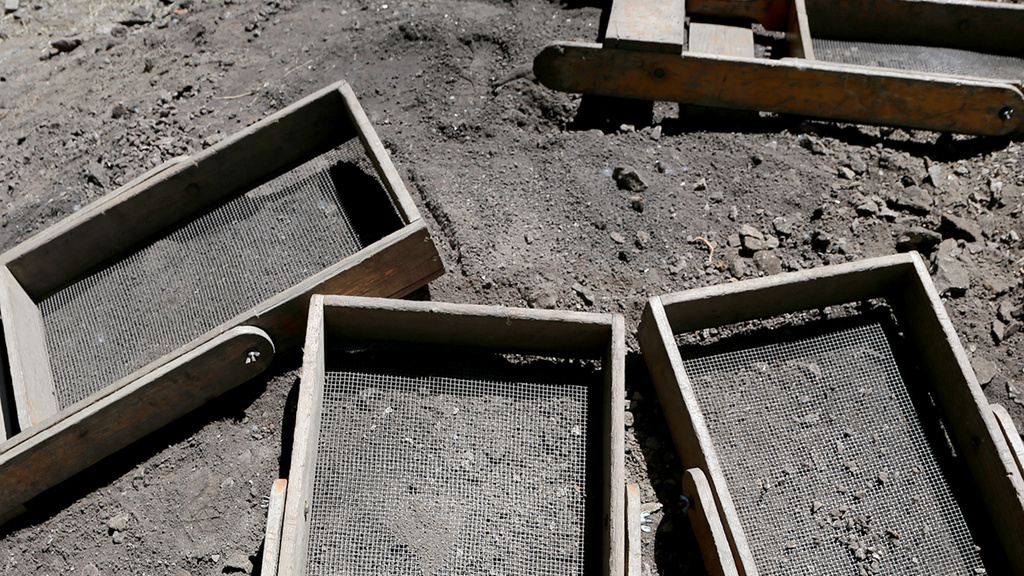The department offers two optional undergraduate tracks. All can be earned along with either a Bachelor of Arts or a Bachelor of Science degree: archaeology or medical anthropology. Students majoring in anthropology may use a track to provide a particular focus in their study plan.
Each track reflects broad issues bridging subfields in and outside of anthropology. Completion of a track indicates the achievement of considerable expertise, and is noted on the student's transcript.
Each optional track requires five courses (15 s.h.). With careful course selection, students majoring in anthropology can complete a track without adding to the semester hours required for graduation.

Archaeology
In North America and throughout much of the rest of the world, modern land use continually threatens evidence of past land use. Most archaeological excavations are conducted as cultural resource management (CRM), so it is essential that all researchers who work with archaeological data and individuals committed to site preservation have a basic understanding of CRM. Students who choose this emphasis learn about the field and about how to address related ethical issues as well as technical and theoretical challenges.

Medical Anthropology
Human experiences of sickness and suffering are universal yet profoundly shaped by cultural and historical contexts. Medical anthropology explores cultural and biological diversity in sickness, health, and healing through approaches that include examining individual experiences of disrupted well-being, considering how biological and cultural factors interact to promote health or produce sickness, analyzing political-economic causes of health inequalities, and applying research to improve health research and services in an increasingly global world. Coursework in medical anthropology helps students prepare for a range of health professions and social services careers and for work in diverse settings that increasingly include nongovernmental organizations devoted to improving health. Future health professionals are increasingly called upon to understand how sociocultural and biological factors intersect to produce experiences of health, sickness, and healing.